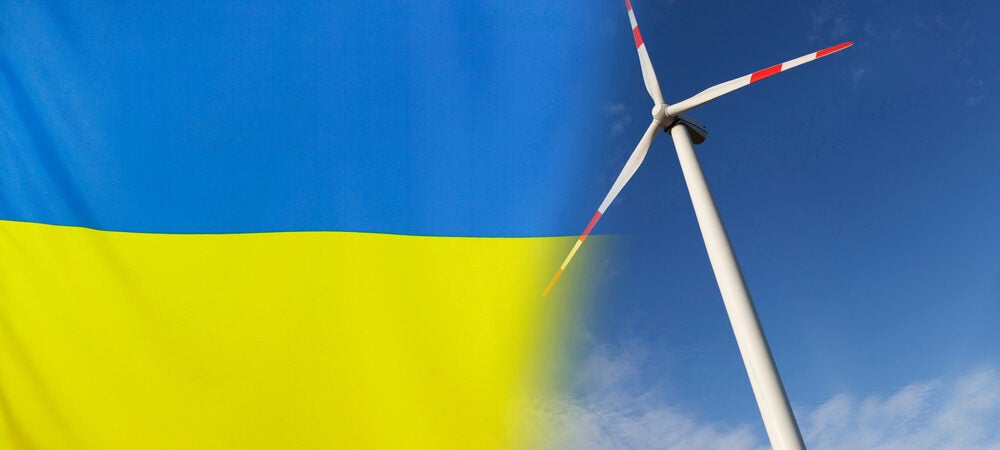The war in Ukraine has prompted a wholesale reassessment of the European energy environment. The EU is trying to end its dependence on Russian fossil fuels as quickly as possible while avoiding economic repercussions and meeting climate targets through increased renewable energy production.
At the core of the EU’s response is the RePowerEU scheme, which aims to address all three concerns simultaneously. Announced in mid-May, RePowerEU, along with existing components of the European Green Deal, presents a generational opportunity for businesses across the Atlantic to engage with European governments, from the EU to the local level, to build a new energy ecosystem, rooted in energy independence and renewables. At the core of the package is a contradiction: the need to support short-term investment in fossil fuels to mitigate rising prices and the effects of sanctions and the need to speed up long-term investment in renewables. The extent to which the package leans towards the former or latter will likely be the subject of much debate as it turns to implementation.
Members of the European Parliament (MEPs) have already expressed their discontent with the European Commission’s proposal to include financing for new oil and liquefied natural gas (LNG) infrastructure. The package is also tangled in a debate in the European Parliament over reforms to the EU’s Emissions Trading System (ETS), a sort of cap-and-trade scheme, with criticism of the Commission’s plan to fund RePowerEU by selling more carbon credits. While the proceeds would be mostly used to fund new renewable energy projects, the effective outcome would be to increase Europe’s total carbon emissions in the short run.
ASG_Analysis_Europe_s_Energy_Transition_Amid_the_War_in_Ukraine_1_.01To read the full report by the Albright Stonebridge Group, please click here.

